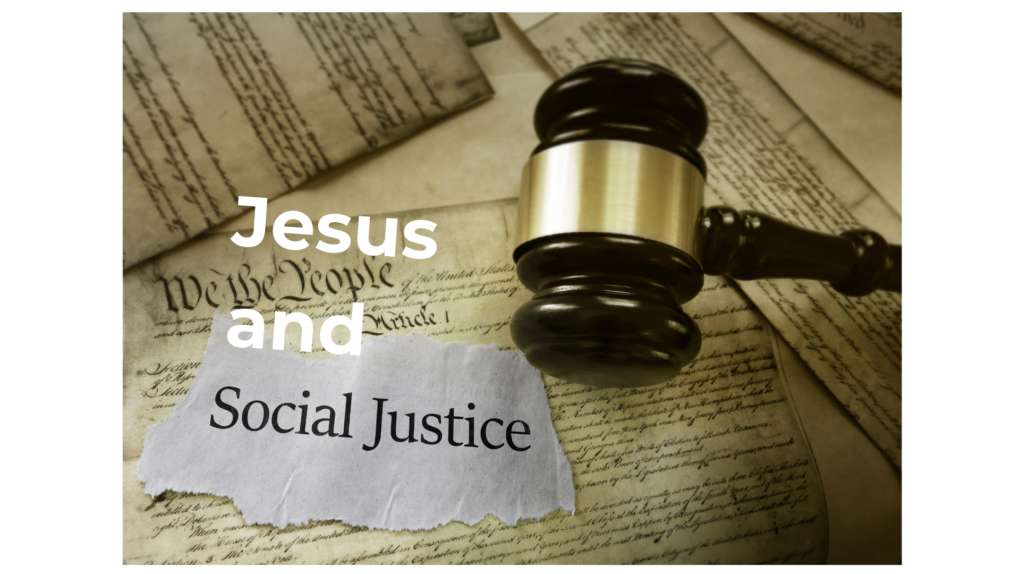The church’s role in the area of social responsibility is the subject of much debate; Should the church be involved in issues of poverty, spiralling crime, addiction etc within its community? The short answer for me is – Yes! I feel no one who professes to be a Christian can ignore these issues within their community with a clear conscience.
Doing a quick google search, the first statement I came across is this –
“Christians cannot create a perfect society or bring in the Kingdom of God. The church thus exercises its social responsibility by witnessing to the redemptive work of Christ and looking forward to the consummation of all things in him.”
Pollards Hill Baptist Church (PHBC) is situated in the heart of a Mitcham, an area in the Borough of Merton. It is the community church of Pollards Hill, which is considered to be one of the most deprived in Mitcham. According to Merton council’s health profile.
Given PHBC has been strengthening its role in the community more and more over the past few years, throughout its many ministries within the community. The Community Fun Day, the children’s Christmas party, our Foodbank and the myriad of activities involving members of our church. Clearly, whether we describe it as such, or not shows PHBC is already heavily involved in social responsibility.
There are many references throughout the bible which could arguably be seen as reinforcing our Christian obligations to support social justice. The strongest for me is Matthew 25 vs 35-40. This is the New International Version:
35 For I was hungry and you gave me something to eat, I was thirsty and you gave me something to drink, I was a stranger and you invited me in, 36 I needed clothes and you clothed me, I was sick and you looked after me, I was in prison and you came to visit me.’
37 “Then the righteous will answer him, ‘Lord, when did we see you hungry and feed you, or thirsty and give you something to drink? 38 When did we see you a stranger and invite you in, or needing clothes and clothe you? 39 When did we see you sick or in prison and go to visit you?’
40 “The King will reply, ‘Truly I tell you, whatever you did for one of the least of these brothers and sisters of mine, you did for me.’ (Matthew 25:35-40)
If we believe that we are all made in image of God and that all human life is sacred and should be protected from injustice, then to reiterate, the answer to the question posed above is a resounding ‘yes’!
I, firmly believe Jesus makes it clear, the church has a theological and ethical responsibility to engage with issues of social justice.
“Learn to do good; seek justice, correct oppression; bring justice to the fatherless, and please the widow’s cause,” (Isaiah 1:17)
“Give justice to the weak and the fatherless; maintain the right of the afflicted and the destitute,” (Psalm 82:3).
If you are still not satisfied or convinced that it’s part of our assignment from God to get involved in the well-being and happiness of our community, maybe this ‘real’ example of an incident which happened right on our doorstep will show you why we must do all we can to be central in building our community.
Recently following one of our teens meetings at church, ironically a day after there were special prayers said over all the teenagers in the church, just as the young people began leaving church, a young man ran into the church carrying a knife. He was being pursued by the local police.
Seeing this young man with a knife trying to evade capture and scaring our teenagers, is a clear reminder of some of the problems in our immediate community.
This brief narrative of one incident, is a simple demonstration that the church is not situated in a protected bubble, it is part of the community in which it exists so if there are issues in the community they will, literally, come to the church’s door and this will leave us with little or no options but to become involved in trying to solve some of the challenges facing our community.
We cannot ignore what people in the parish are dealing with on a regular basis, we must face up to it. If we do not, how can we claim to be ‘Sharing the love of Jesus’, PHBC’s moto?

